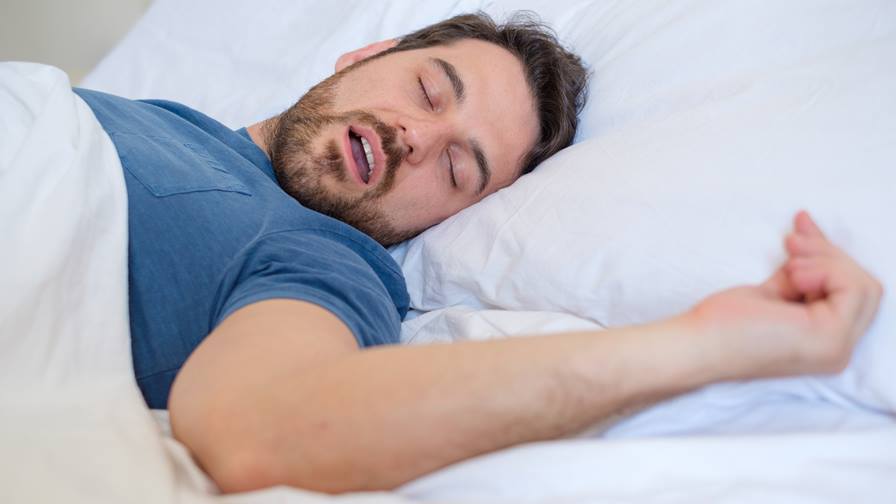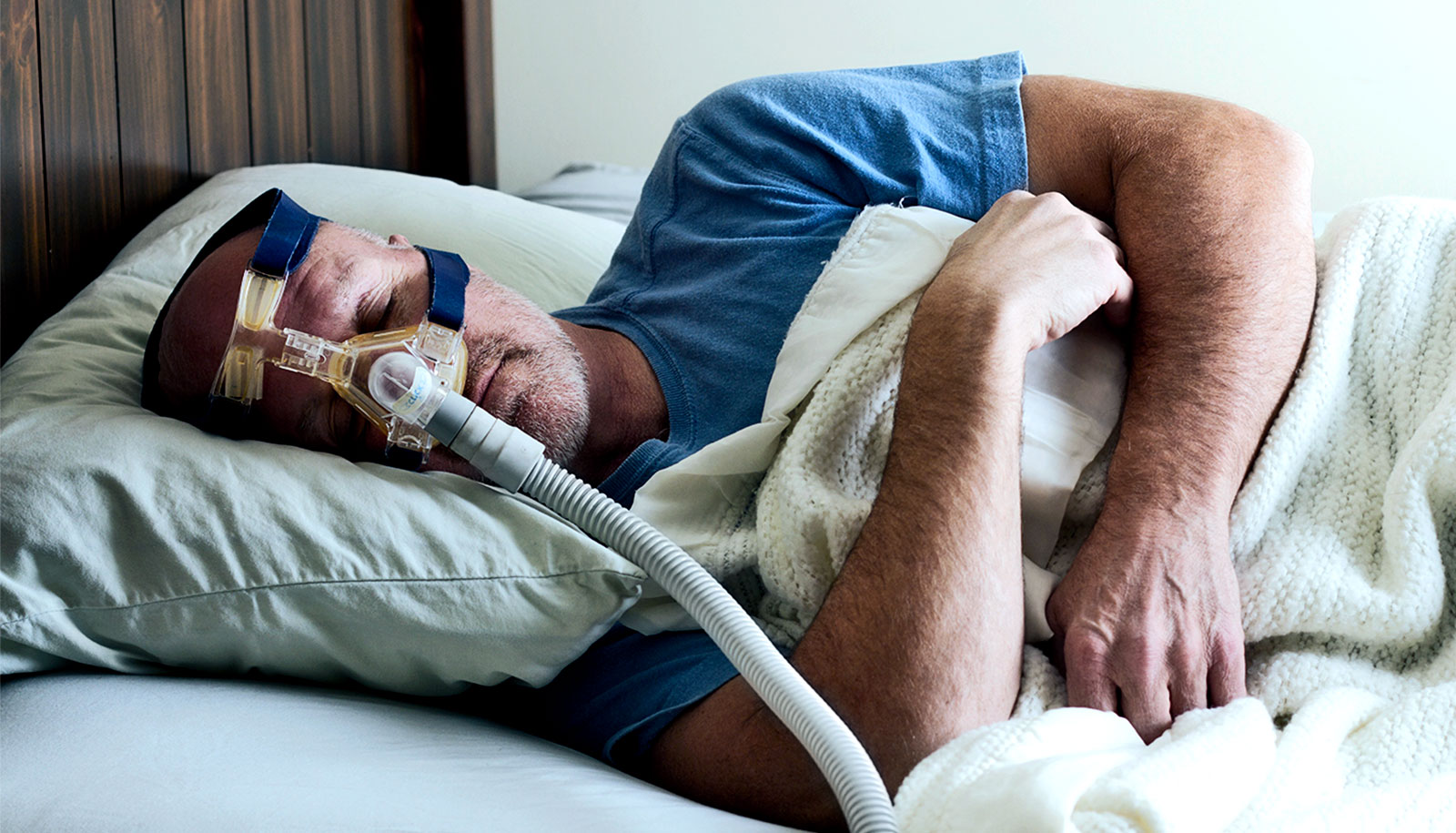Patients with sleep apnea must use CPAP masks. Your breathing rate changes constantly while you sleep if you have sleep apnea. Even after eight hours of sound sleep, this might lead to respiratory problems and general weariness.
Obstructive sleep apnea in particular may worsen respiratory issues if it is not treated properly. Finding the finest sleep apnea therapy is so crucial if you want to live a productive life. Although there is currently no cure for sleep apnea, cpap masks are the most accessible form of therapy for all types of sufferers.
If you use CPAP, you may have heard that not everyone responds well to CPAP masks, particularly side sleepers and persons with facial hair or beards. This is a misconception, however, and one that we’d want to dispel because many CPAP masks are recognized to be effective for side sleepers and those with facial hair.
This article will discuss the challenges those with facial hair encounter, the many CPAP mask options available to patients with beards, and how to choose the right CPAP mask for each.
What Issues Do Bearded People Have With CPAP Masks?
Patients with sleep apnea who have beards could have particular challenges when it comes to using a CPAP mask. Some of them claim that their facial hair creates an impediment that makes the CPAP machine less effective overall.
Additionally, bearded persons may have additional challenges like:
Mask with a loose fit
If you have a beard, certain CPAP masks won’t efficiently fit over your mouth and nose. Inconveniences and pain might result from wearing such loose-fitting masks while attempting to obtain a decent night’s sleep.
Leakage of air
Another problem caused by loose-fitting masks is air leakage. The main purpose of CPAP masks is to adequately oxygenate your respiratory system. Your CPAP machine may not function properly if there are air leaks coming from your mask.
Breathing difficulties
In comparison to not using a mask, loose-fitting masks and persistent air leakage may end up doing more damage and impairing breathing.
Finding the finest CPAP mask that will work well even if you have a beard or facial hair is crucial for these reasons. For the reasons listed above, some bearded CPAP users choose to use a mask liner to prevent their facial hair from interfering with a proper seal.

Options for CPAP Masks vary.
Knowing the many kinds of CPAP masks that are accessible to you is crucial before we go on to the main segment, selecting the finest ones on the market. These mask categories are also applicable to BiPAP devices. These masks fall into one of three categories:
A nasal mask.
The whole nose region is covered by the nasal mask. For bearded CPAP users who need high pressure, this style of mask would be ideal since it can resist high airflow pressure. Active sleepers have trouble using this mask.
Limitations: If you have a mustache, you can run into trouble here since it might get in the way.
Full-face mask
Your face is not completely hidden by this mask. Rather, it shields the majority of your mouth and nose. For patients who breathe through their mouths, this mask is appropriate.
Limitations: Because this mask completely covers your mouth, you may need to cut your beard or mustache to make room for it from the point where it seals your face. Your beard can make it fit less snugly overall.
Mask for nasal pillows
If the two masks mentioned above bother you, nasal pillow masks are a fantastic alternative. These pillows include tubes that slip right into your nostrils. Pillow masks are thought to be one of the greatest and most practical solutions for those with beards, despite the fact that it may seem unpleasant.
Drawbacks: You may find it challenging to get used to this kind of mask.
Technology for CPAP Advances Quickly
Early machines were rather simple, requiring just a few modifications to function. The newest gadgets are so much more useful than the older ones that they are hardly distinguishable from one another. They are more dependable and user-friendly, as well as quieter and smaller. This is important since patients are far more likely to appropriately utilize their medical equipment if they are straightforward and don’t seem scary.
The most recent CPAP masks are intelligent machines that provide several extra advantages. They are easy to switch on and off, and some even do so automatically, making them less daunting to begin with. However, their connection to a wireless network is the most significant advance to date. This makes it possible to keep track of use and breathing data, which has a number of advantages, such as the ability to:
- Transfer sleep data to physicians so they can assess the advantages.
- Provide compliance data to insurance providers and employers.
- Remotely alter settings. Remote testing and troubleshooting are capabilities of CPAP vendors.
Smart gadgets are required in situations when transportation providers want drivers to demonstrate compliance. Additionally, fresh technologies include everything discovered as a consequence of prior errors, producing far better outcomes.
Frequently, Insurance Will Cover Replacement
Although CPAP equipment have a lifespan of around 20,000 hours on average, private insurance normally covers a complete replacement every five years. Although Medicare and Medicaid have a few distinct regulations, they often reimburse the expense if there is an articulable necessity for replacement. Replacement may be covered even sooner in the event that a gadget is damaged or stolen.
How to know to change your CPAP masks
You may need to weigh the advantages of replacing against the return on investment if a client is renting a CPAP. However, because insurance often covers a large portion of the expense, it is to everyone’s advantage to keep your consumers aware about any signs that could suggest a new unit is required. The machine has to be checked if snoring intensifies or if they have a recurrence of the symptoms. It is important to report any changes to warning lights or sounds as soon as possible.
It is not advisable to discard used CPAP masks in the garbage. You must manage them with a qualified electronics recycler, just as any medical electronic waste.
Other resources:
Tips on how to choose the best cpap machine for sleep apnea
The hazard of uncontrolled sleep apnea

